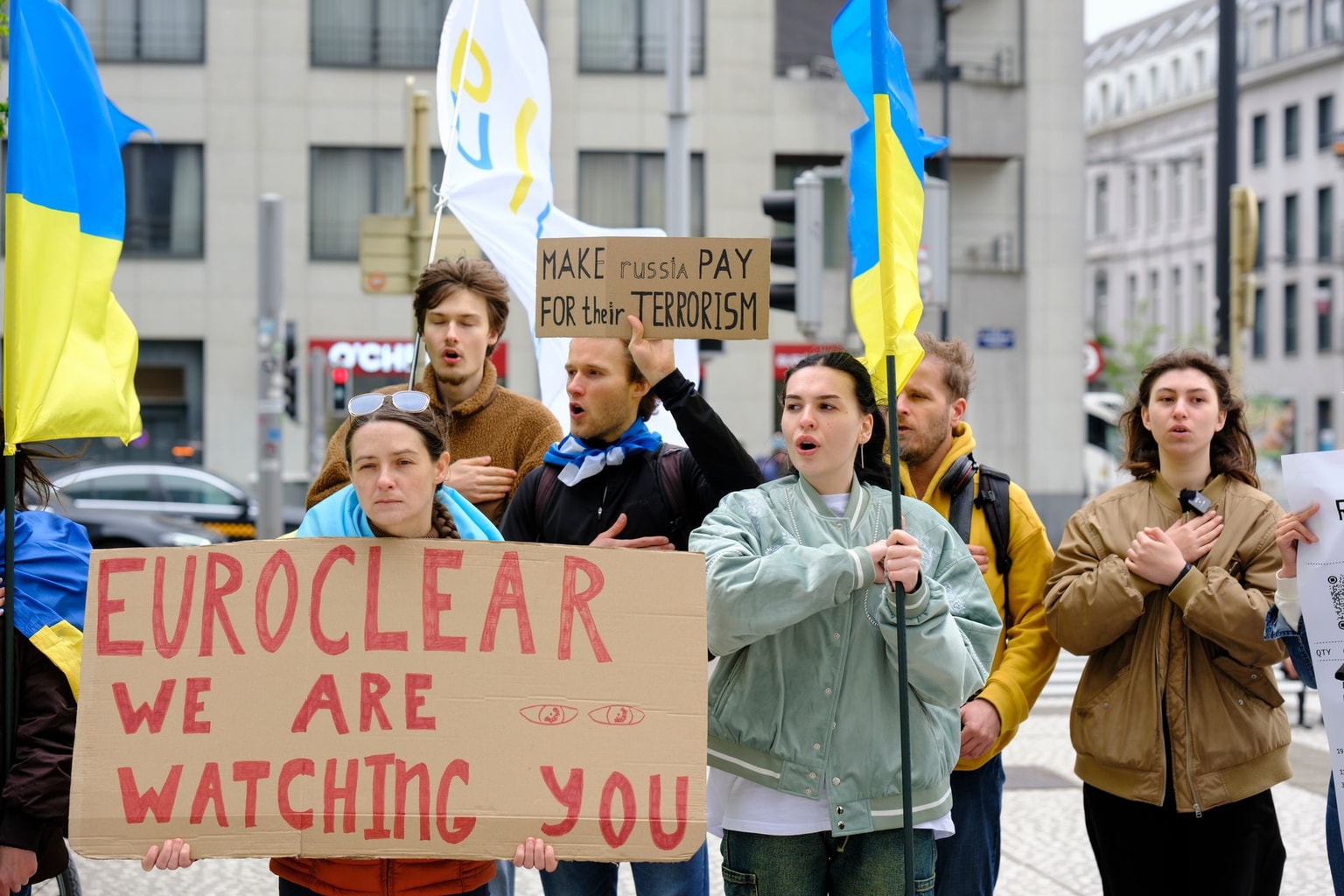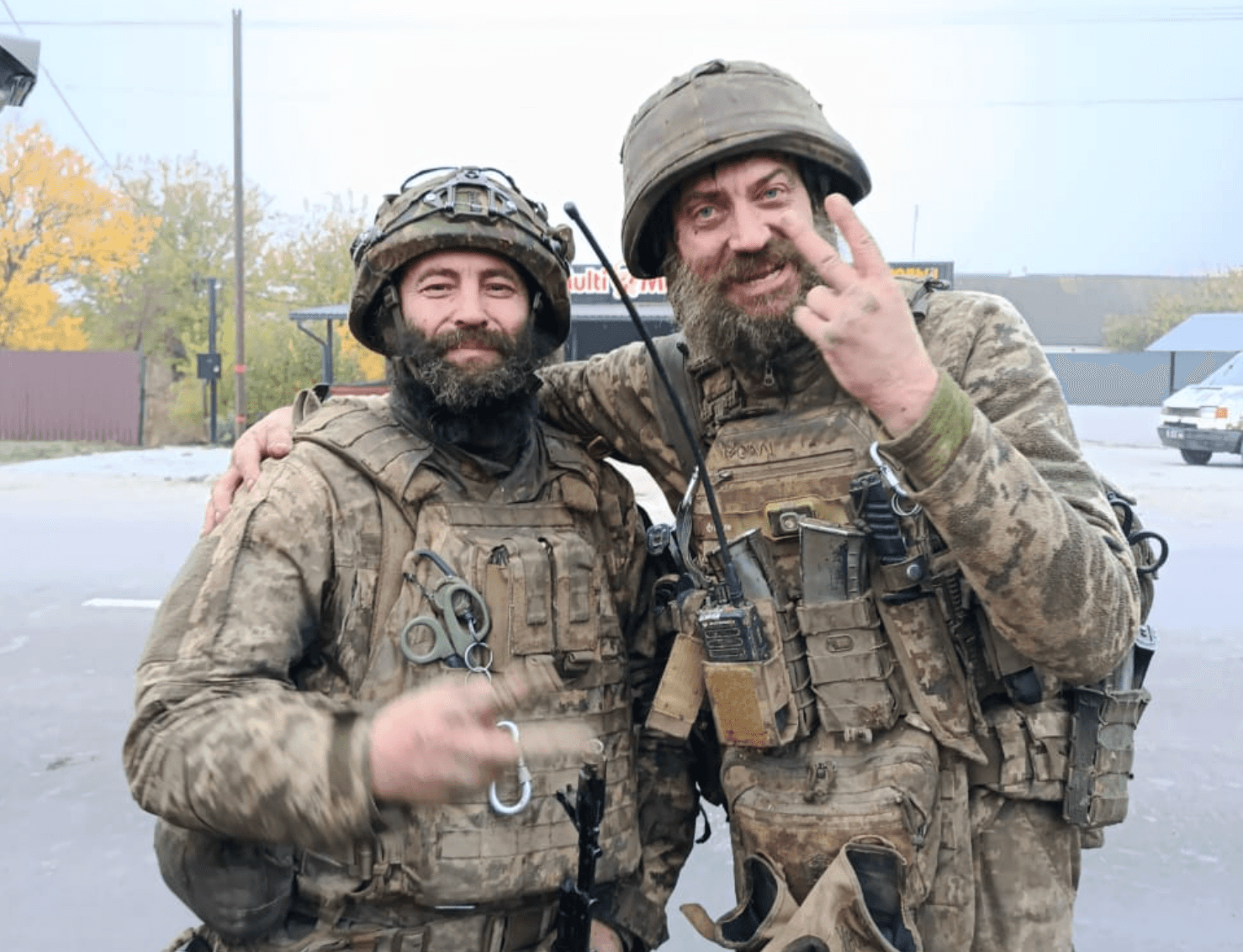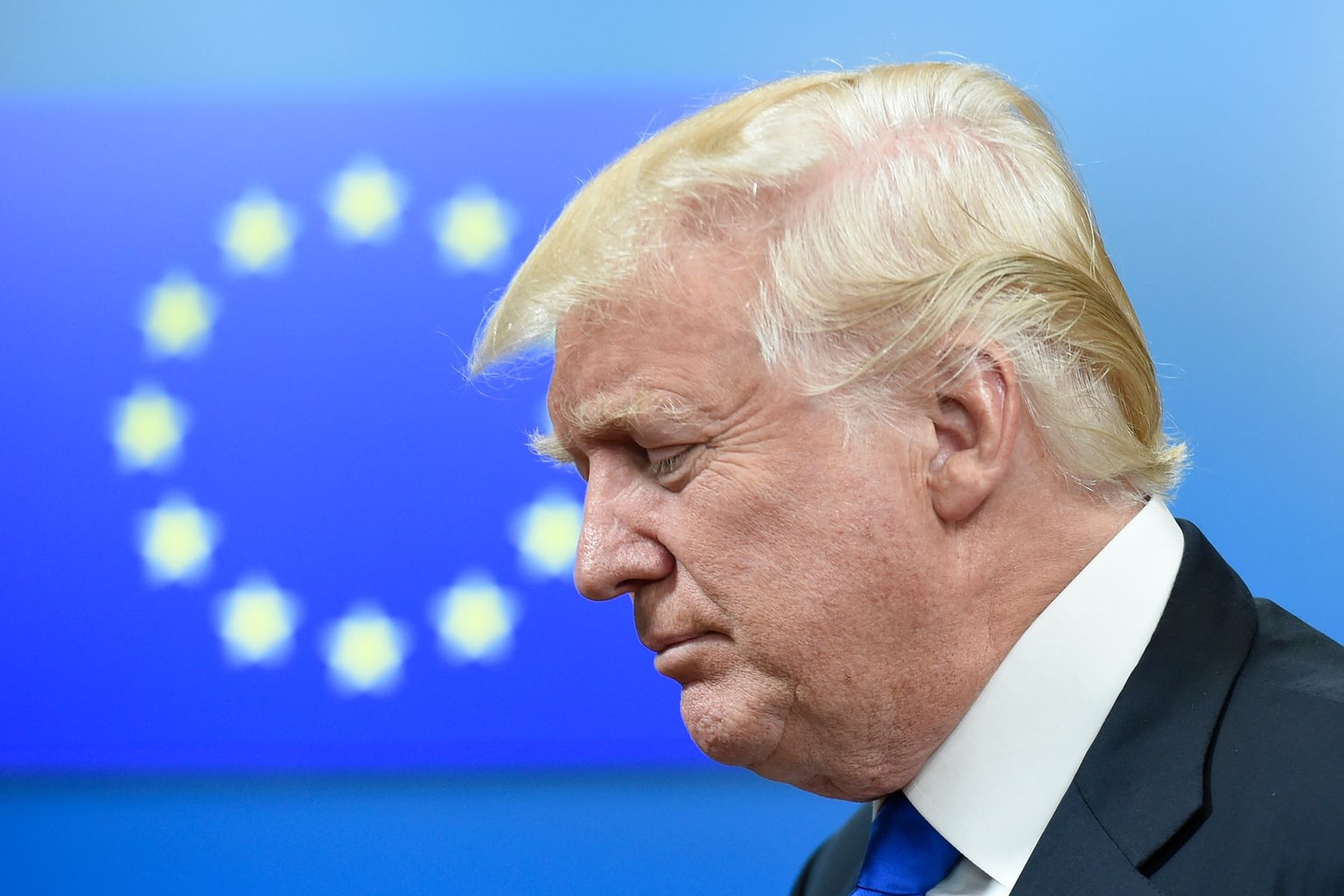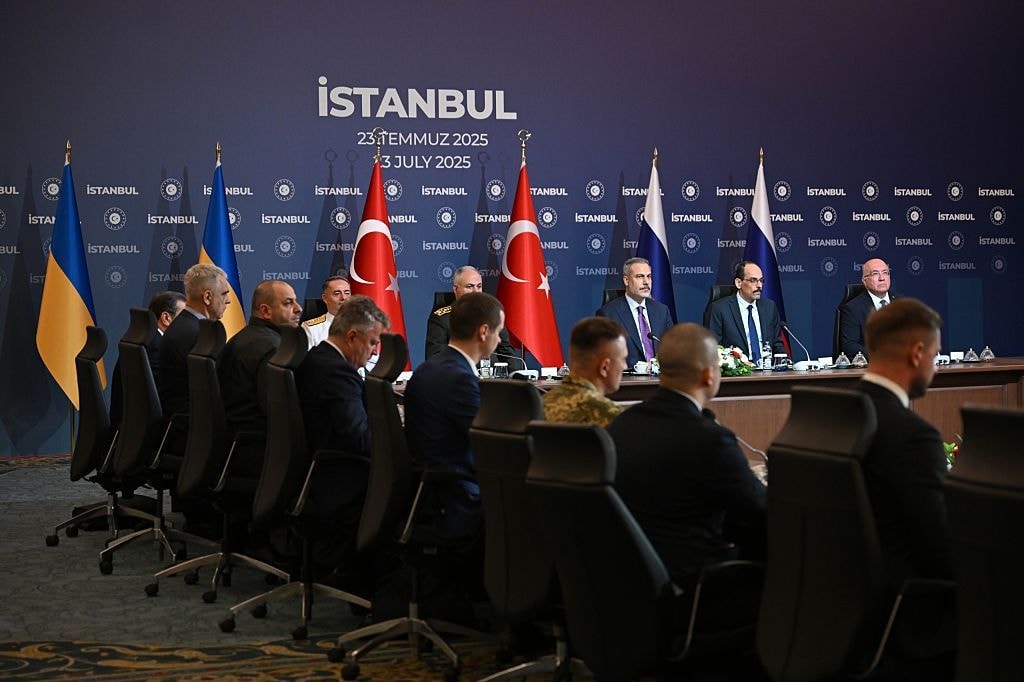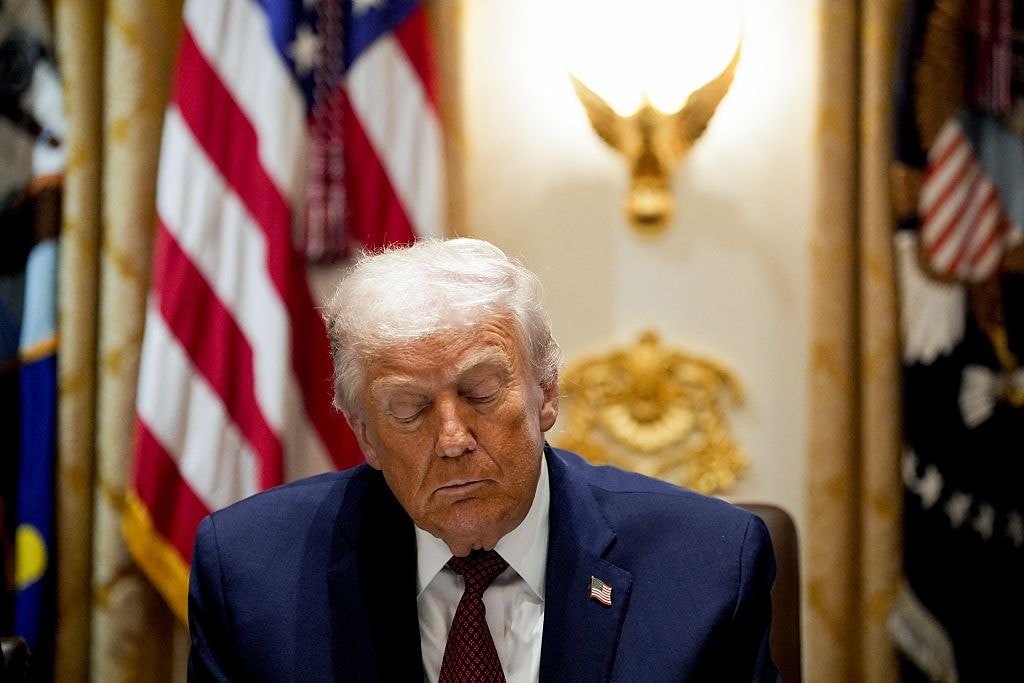EU’s top diplomat Borrell to visit Ukraine on Jan. 4-6 in show of support
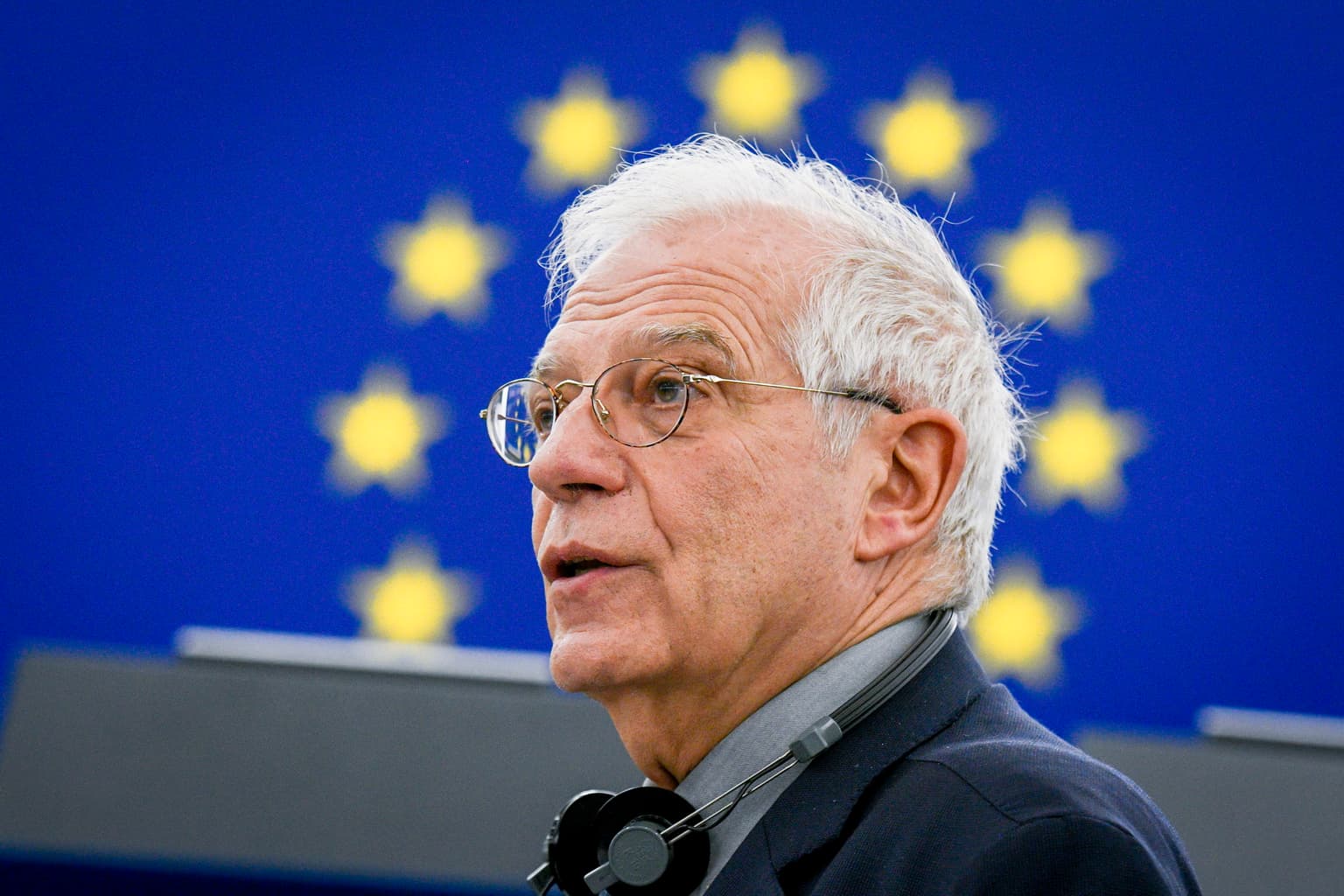
Josep Borrell, the high representative of the European Union for foreign affairs and security policy, will visit Ukraine from Jan. 4 to Jan. 6 in a show of support for Kyiv amid Russia’s military build-up along its border, the European Commission announced on Jan. 3.
Borell will first visit eastern Ukraine and the front line in Donbas with Foreign Minister Dmytro Kuleba and then travel to Kyiv to meet with representatives of the government.
“His first foreign trip this year underscores EU's strong support to Ukraine's sovereignty and territorial integrity at a time when the country is confronted with Russian military build-up and hybrid actions,” the statement read.
It's far from quiet at the Donbas front lines. Ukrainian soldiers keep getting wounded and killed despite the ceasefire that has been signed in mid-2020, and the "Christmas armistice" that Ukraine and Russian-backed separatists in eastern Ukraine agreed to have over the winter holidays.
Ukrainian paratrooper Stanislav Bohuslavsky was killed in shelling in the Donbas on Dec. 31, while another soldier, Ihor Tychyna, 20, died on Jan. 1 after being heavily wounded on Dec. 27.
The conflict has entered its ninth year, having seen over 13,000 people killed since 2014, and it shows no signs of ending soon. The war has reaped the lives of at least 79 Ukrainian military servicemen in 2021, despite the active ceasefire strongly supported by Ukraine’s authorities.
Borrell’s visit to Ukraine comes days before high-ranking officials from the U.S. and Russia are set to hold two days of bilateral talks in Geneva on Jan. 10, amid threats of a full-fledged invasion of Ukraine by Russia.
Russian President Vladimir Putin has agreed to three upcoming conferences in Europe, including the talks in Geneva and Russia-NATO talks on Jan. 12.
The diplomatic discussions follow months of tensions amid Russia’s buildup of 122,000 troops on Ukraine’s border and in the occupied territories in preparation for a possible invasion this winter.
The U.S. and a number of its European allies have warned Russia of serious consequences if it launches a large-scale invasion of Ukraine. Russia accused NATO of placing missiles on its doorstep and demanded guarantees that Ukraine will not become a member, something the alliance and Washington have so far refused to grant.
U.S. President Joe Biden reaffirmed his support for Ukraine in a phone call with President Volodymyr Zelensky on Jan. 2, several days after he also spoke to Putin.
Russia laid out its security demands in two draft pacts on Dec. 17, offering to sign one with the U.S. and the other with NATO, but the proposals were immediately dismissed.
The European Parliament also passed a resolution on Dec. 16 condemning Russia for threatening Ukraine with war and promising a “high economic and political price” for new hostilities.
Potential sanctions include freezing Russian financial and physical assets in the EU, travel bans, the exclusion of Russia from the international SWIFT bank payment system, as well as targeting key sectors of Russia’s economy, including the country’s intelligence services and its military support.
They could also target Russian officers involved in the planning of a possible invasion, as well as oligarchs and other people “in the orbit of the Russian president and their families,” according to the EU Parliament’s statement.


